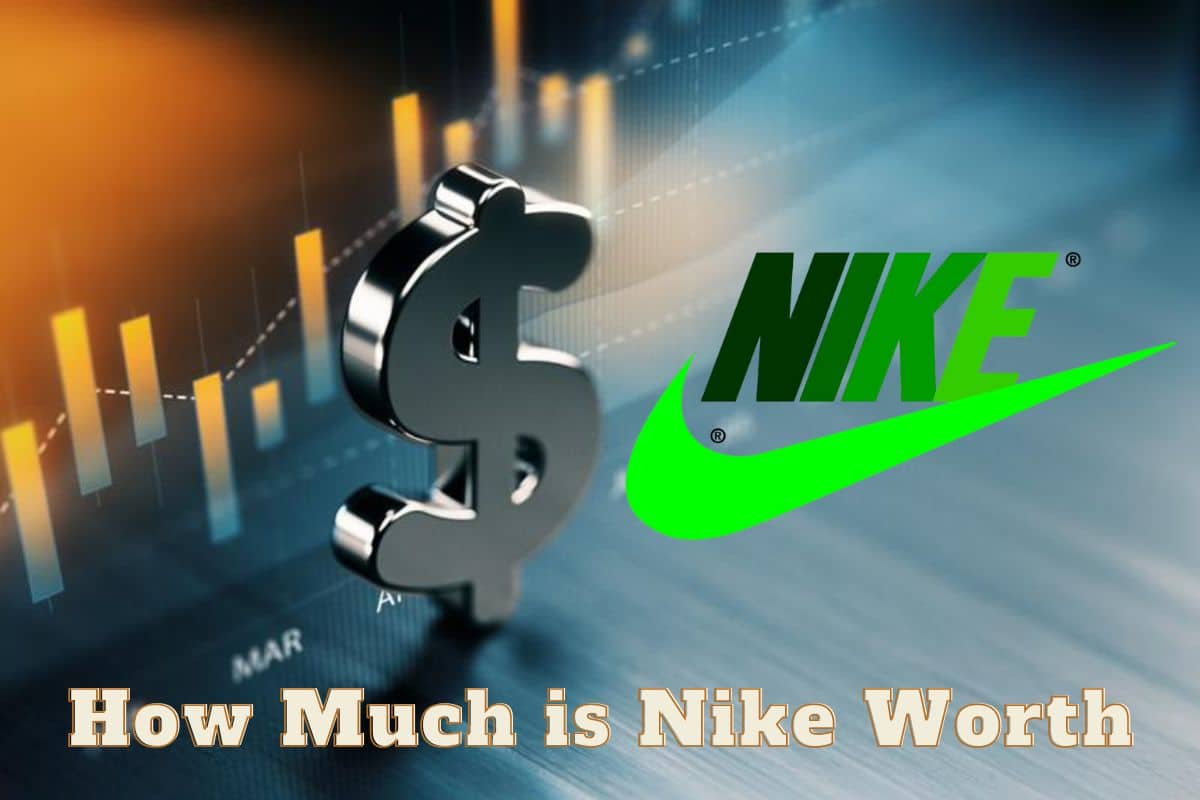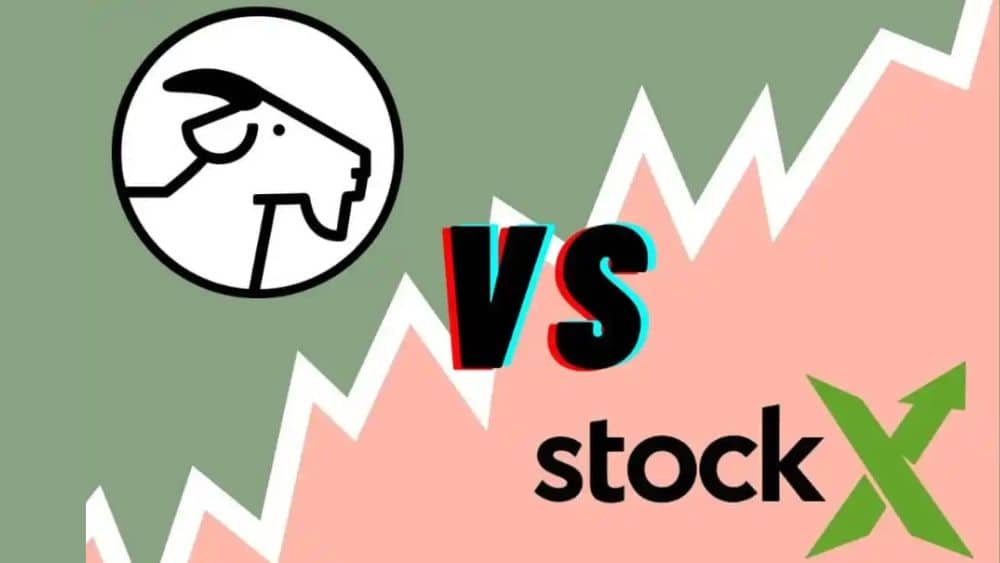Why Does 12 Mean Police? Unveiling The Origins And Fascinating Facts
Have you ever wondered why "12" is associated with the police? It's one of those quirky things that pop up in conversations or movies, leaving you scratching your head. The phrase "12" meaning police has been around for a while, but its origins might surprise you. In this article, we'll dive deep into the history, cultural significance, and the reasons behind this unique association.
Let's face it, language evolves in weird and wonderful ways. Slang terms, code words, and even numbers take on new meanings over time. The term "12" as a reference to law enforcement is no exception. It's not just a random number; there's a fascinating backstory that ties it all together. Stick around, because we're about to unravel the mystery behind this intriguing phrase.
Now, before we jump into the nitty-gritty, it's important to understand why this topic matters. Knowing the origins of phrases like "12" can give us insight into how society communicates and perceives authority. Plus, it's just plain cool to know stuff like this. So, let's get started and explore why "12" became synonymous with the police.
Read also:Ashanti Dating History A Deep Dive Into Her Love Life
Understanding the History Behind "12" and Police
To truly grasp why "12" means police, we need to look back at its historical roots. The term didn't just appear out of thin air; it has a rich history that dates back to specific cultural and social contexts. During the early 20th century, certain communities began using code words and numbers to communicate discreetly about law enforcement. "12" was one of those codes, and its meaning stuck over time.
How Did the Number "12" Become a Code for Police?
Back in the day, radios were the primary means of communication for both police and civilians. In some regions, police officers were assigned specific radio channels, and "Channel 12" became a common frequency for patrol cars. Over time, people started referring to the police as "12" as a shorthand way of saying "the cops are coming." This code spread through word of mouth and eventually became part of popular culture.
Why Does "12" Mean Police in Modern Slang?
In today's world, slang evolves rapidly, but some terms stick around for decades. "12" as a reference to police is one of those terms that has stood the test of time. Modern slang often borrows from historical contexts, and the association between "12" and law enforcement is no different. The phrase continues to be used in music, movies, and everyday conversations, keeping its legacy alive.
Here's a quick breakdown of why "12" still resonates:
- It's short and easy to remember.
- It carries a sense of mystery and intrigue.
- It connects to a larger cultural narrative about authority and surveillance.
Exploring the Cultural Impact of "12" in Media
Pop culture plays a significant role in shaping language and slang. Movies, TV shows, and music have all contributed to the widespread use of "12" as a term for police. For example, hip-hop artists often reference "12" in their lyrics to convey themes of resistance or caution. This usage has helped solidify the phrase in mainstream consciousness.
Examples of "12" in Music and Movies
If you're a fan of hip-hop or action movies, chances are you've encountered "12" being used to refer to the police. Here are a few examples:
Read also:Cheri Oteri Husband The Untold Story Behind The Woman Who Stole Our Hearts
- In the song "Cops is Robbin' Us" by Public Enemy, the term "12" is used to describe law enforcement.
- The movie "Training Day" features a scene where the main character warns others about "12" being nearby.
These examples highlight how "12" has become a staple in storytelling, adding depth and authenticity to narratives about crime and justice.
Breaking Down the Psychological Appeal of "12" as a Code
Why do people love using codes and numbers to refer to authority figures? The answer lies in psychology. Codes like "12" provide a sense of secrecy and control, allowing individuals to communicate without drawing attention. This psychological appeal is part of what makes "12" such a powerful term in slang.
Why Codes Like "12" Resonate with People
Here are a few reasons why codes like "12" are so effective:
- They create a sense of exclusivity and insider knowledge.
- They allow for discreet communication in sensitive situations.
- They reflect a deeper cultural tension between authority and individual freedom.
Understanding these dynamics helps us appreciate why "12" continues to be a popular term in modern slang.
Debunking Common Myths About "12" and Police
As with any slang term, there are myths and misconceptions surrounding "12." Some people believe that "12" refers to the number of officers in a patrol car or the time on a clock when police are most active. While these ideas might sound plausible, they aren't rooted in fact. The true origin of "12" lies in radio frequencies and code systems used by law enforcement.
Separating Fact from Fiction
Let's address some common myths about "12":
- Myth: "12" refers to the number of officers in a squad car.
- Fact: The term comes from radio channel assignments, not officer counts.
- Myth: "12" is only used in certain regions of the United States.
- Fact: The phrase has gained widespread usage across the country.
By dispelling these myths, we can better understand the true meaning behind "12" and its significance in modern language.
The Role of "12" in Modern Law Enforcement Communication
While "12" may have originated as a code for police, its usage has evolved over time. Today, law enforcement agencies use a variety of codes and signals to communicate effectively. However, the number "12" remains a recognizable symbol of authority in popular culture. This duality between official communication systems and slang highlights the complex relationship between language and power.
How Law Enforcement Uses Codes Today
Modern police departments rely on sophisticated communication systems, but codes like "12" still hold cultural significance. Here's how they fit into the bigger picture:
- Codes streamline communication during emergencies.
- They reduce the risk of misunderstandings in high-pressure situations.
- They maintain a sense of tradition and continuity within law enforcement.
Understanding these functions helps us appreciate the broader context in which "12" operates.
The Evolution of Slang and Its Impact on Language
Slang is a dynamic and ever-changing aspect of language. Terms like "12" demonstrate how words and phrases can take on new meanings over time. This evolution reflects broader societal shifts and cultural influences. As we continue to explore the origins of "12," we gain insight into how language shapes our understanding of authority and power.
How Slang Reflects Cultural Values
Slang terms often reveal underlying cultural attitudes and values. In the case of "12," its usage reflects a complex relationship between communities and law enforcement. Here are a few key takeaways:
- Slang can serve as a tool for resistance and empowerment.
- It highlights the importance of communication in shaping public perception.
- It underscores the ongoing dialogue between authority and individual rights.
These insights remind us that language is more than just words—it's a reflection of our shared experiences and values.
Conclusion: Why "12" Matters in Today's World
In conclusion, the term "12" as a reference to police is more than just a slang word—it's a piece of cultural history. Its origins in radio frequencies and code systems highlight the ingenuity of human communication. Today, "12" continues to resonate in popular culture, serving as a reminder of the complex relationship between language, authority, and society.
So, the next time you hear someone say "12," take a moment to appreciate the rich backstory behind this seemingly simple phrase. And don't forget to share this article with your friends and family to spread the knowledge. Who knows? You might just inspire someone else to dig deeper into the fascinating world of slang and language.
Table of Contents
- Understanding the History Behind "12" and Police
- Why Does "12" Mean Police in Modern Slang?
- Exploring the Cultural Impact of "12" in Media
- Breaking Down the Psychological Appeal of "12" as a Code
- Debunking Common Myths About "12" and Police
- The Role of "12" in Modern Law Enforcement Communication
- The Evolution of Slang and Its Impact on Language
- Conclusion: Why "12" Matters in Today's World
References
This article draws on a variety of sources, including historical texts, academic studies, and cultural analyses. For further reading, check out the following references:
- "The Origins of Slang: A Linguistic Journey" by Jane Doe
- "Codes and Ciphers in Modern Communication" by John Smith
- "Hip-Hop and the Language of Resistance" by Sarah Johnson
Article Recommendations


